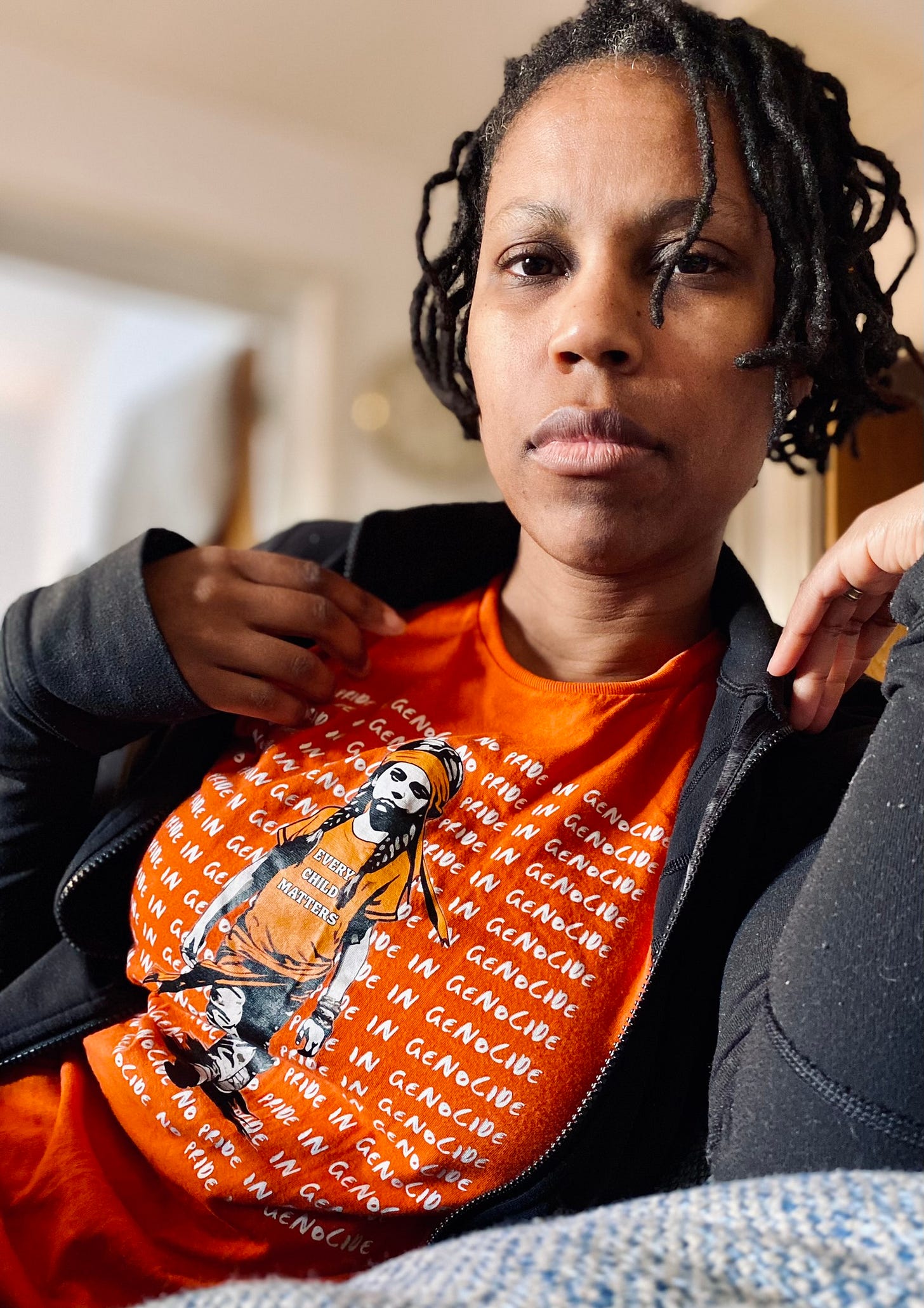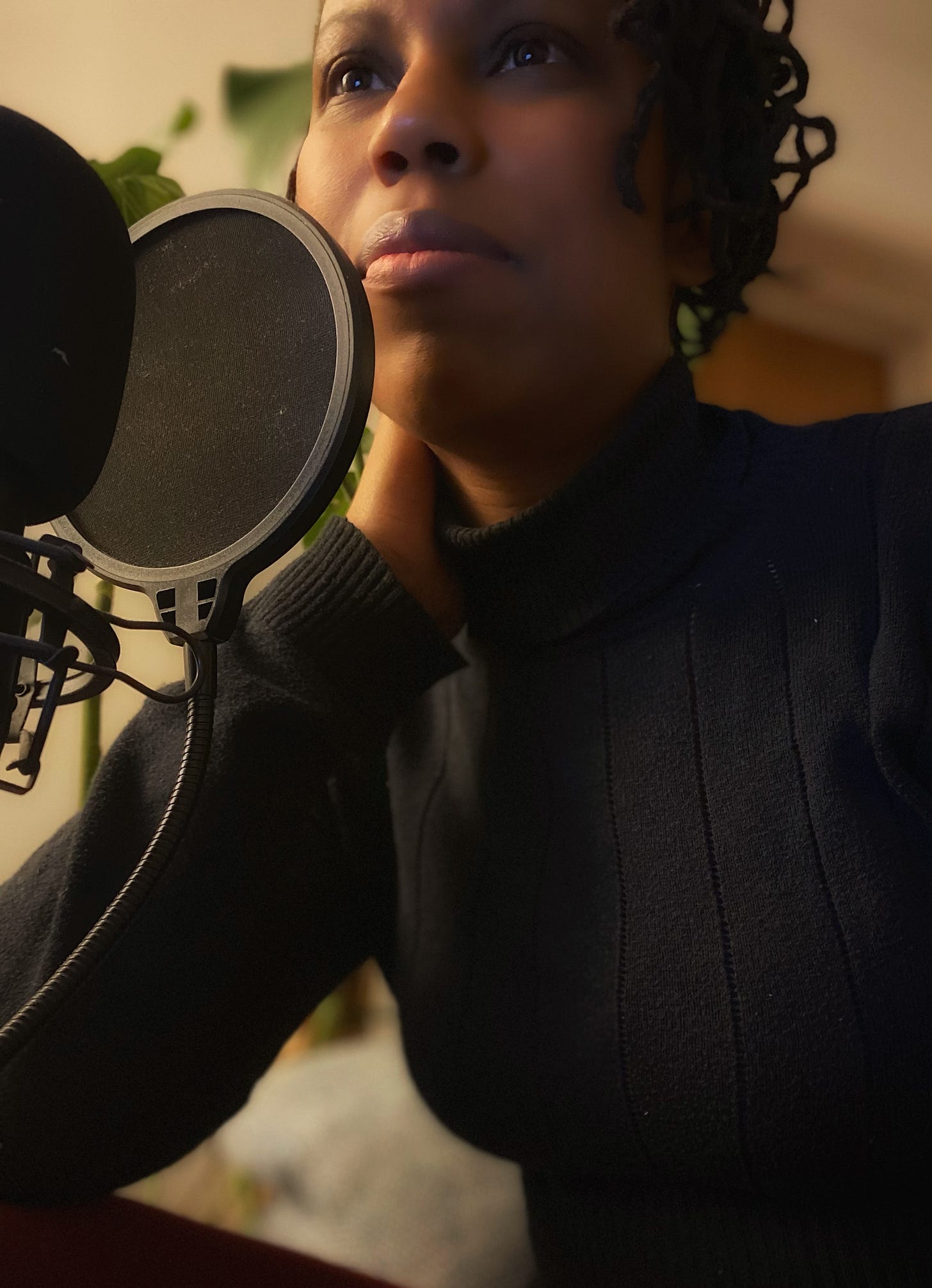When I was a kid, all I ever wanted to be was a writer.
For years I never doubted that storytelling was in my future until that one fateful day in fifth grade when everyone was talking about how wonderful some other girl’s writing was because she was writing a book. That made her a writer. When I said that I was a writer too it was met with laughter from my peers.
“Your writing isn’t that good!”
You’re not even writing a book!”
“You’re not a real writer!”
It didn’t matter that I would write all the time, read voraciously or that literacy class was my strongest school subject. I had never finished any long-form piece of writing let alone anything I could consider a book. It wasn’t long after that I soon started to believe that writing wasn’t possible for me. Perhaps I had to face the facts about real writers. After all,
Real writers wrote books.
Real writers wrote for magazines.
Real writers wrote for newspapers, television, movies… or soap operas.
I was not a real writer, and from then on, I stopped seeing myself as one. Since I couldn’t get writing perfect the first time around by succeeding in one of these avenues, I decided I needed to just give up on it altogether.
Maybe that wasn’t who I was meant to be.
It would take me over 25 years to build the courage to write again for an audience bigger than my parents and immediate family.
Growing up, I heard a lot of messages which would change how I innately thought of myself and my place in the world. For example, I always believed that I was naturally creative until I learned that creativity was only acceptable in certain ways, like being good at drawing or being a great singer, dancer or actor. You needed to have a certain look for these things too and being Black wasn’t it.
“Have you thought of being an athlete, Sandra?”
No. No, I have not.
So since I didn’t have those talents nor wished to never make a cent through art because “almost all artists are poor”, I soon made peace with the idea that perhaps I wasn’t creative and I needed to get a real job. It was better that I got a job that was in demand.
“Why don’t you become a teacher? You’re good with children, Sandra.”
Yes. Sure. Why not?
As I grew, the labels and the stories that came with them kept piling up. They came from everywhere, permeating into every area of my life, defining every part of being. I didn’t even know they were there, seeped into the depths of my subconscious.
Black. Girl. Sister. Daughter. Girlfriend. Wife. Teacher. Student. Friend. Runner. Skinny. Fat. Curvy. Mother. Weird. Loud. Ugly. Funny. Exotic. Beautiful. Brilliant. Stupid. Responsible. Drunk. Sober. Straight. Fucked up. Queer.
Neurodivergent.
Autistic.
All these labels (and more) were defined most often by the people around me who held more power and I just learned to fall into line with the expectation. I did so without question. I did so without argument because “Who are you to suggest that you define who you are for yourself or that another way of living could be possible?”
It just felt safer to nod, smile and agree.
It’s wild to me how quickly I could take something on as true and how easily that truth could take over my whole life without me ever doubting its validity. I ran myself into the ground as I played out these stories. I stuffed myself into those boxes until there was almost nothing left of me that was recognisable. I committed myself to living in these beliefs as if they were true.
As if it were my truth.
A belief is a thought that I tell myself over and over again - formulated from a message that I see and hear around me repeatedly. But what I’ve learned in recovering who I am is that nothing was ever what I thought it was.
It’s taken me over 40 years to learn that lesson.
I’ve finally written that book, but that came from relearning what I believed about writing. The closer that I could write in the way that led me to naturally communicate with others, the more of a writer I became. Perhaps unironically, the more that I unlearned about what I thought it meant to be a writer, the more I wrote and the more I could engage with and complete my book. When I could expand my understanding of what it meant to write, I expanded my capacity to write for myself in a way that honoured who I was. That was closer to my truth. Until that time came, I stayed small, written into the narratives of others, never believing I had the power to write my own.
These expectations and stories which are told and written for us in this society slowly shrink us into mere shells of ourselves, dimming our lights and hiding our truths. It’ll have us performing mediocrity trying to ignore or diminsh any hint of our greatness while accepting the scraps we’re told are what we’re worth, in return - all while learning to call it a feast because we’ve come to believe that’s all we deserve.
Perhaps it is more like Marianne Williamson said, “Our deepest fear is not that we are inadequate. Our deepest fear is that we are powerful beyond measure. It is our light, not our darkness that most frightens us.” If we stepped into our light that would mean that we could see beyond the lies and denial and understand the true power we have to change. Stepping into our light threats to meet us with discomfort far greater than what were already feeling - even if the possibility could be that change would be a welcomed one for us.
Self-sabotage isn’t real. But struggling to be with all the sensations that come up in our bodies from expanding towards the person we’re meant to be, is. It’s easier to stay small, to stay hidden, to stay mediocre - just like the good little children we were told we should be. Because we could do that, then maybe we’d have a chance at growing up to be good, little mediocre adults too.
But just because it feels uncomfortable to grow doesn’t mean it’s (or you are) always wrong and just because it feels comfortable to stay small doesn’t mean it’s always right (for you).
I’m starting to believe that even though we are complex beings. living complex lives, what is simple is our truth. Many issues in this society make our lives difficult but the more that I can stay in the present with what is, the more choices I have to lean into the voice of my creativeness and do my next best thing. Quite frankly, that is where my truth and the greatness that comes with it lies. The past I can’t change, the future hasn’t happened.
All I have is this moment. And the next one. One right after that.
So, even though my body can get stuck in the stories of past and future, the neurodivergence and the trauma responses, its discomfort is speaking to something quite simple.
It needs something.
Something nurturing, something grounding, something soothing to help it make its next best move forward. That’s the truth and the answers we need to meet that truth come from within. When we learn to let go of the stories of who we thought we should be and connect with who we are, it comes with a lot of discomfort.
But a whole lot more freedom too.
Freedom to choose the next steps that lead us closer to who we’re meant to be.
What’s a belief about yourself that you’re learning to let go of? What ideas, possibilities and opportunities are opening to you now because of letting that go?





